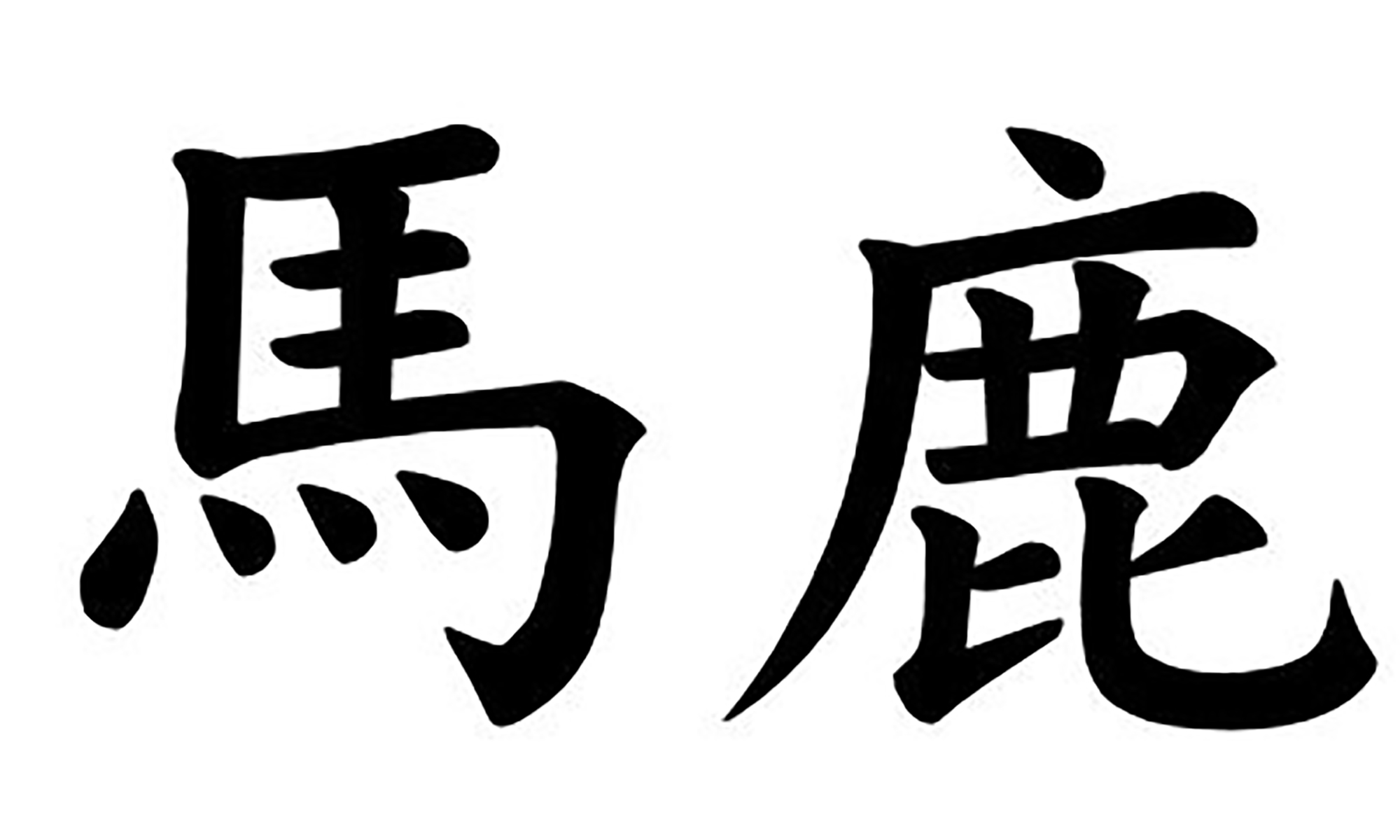Those who know me well know that I am a great fan of bacon, despite my religious heritage. They may also know that I don’t much care about mixing meat and milk. But Passover is something most of them probably never think about. And I don’t care for matzoh all that much, or all the stuff that’s made from matzoh meal for the holiday and pretends to be just like the real leavened thing. And did you know that the Ashkenazi even forego legumes during the holiday because THEY SWELL UP WHEN YOU COOK THEM?????? (Sephardim are smarter about this, partly because so much of their ancestral diet was based on such things that they would have starved during Passover if they hadn’t eaten them.)
So if I may be blasphemous for a moment — The law in Torah prescribing that unleavened bread must be eaten for seven days during Passover says only
.שִׁבְעַת יָמִים, מַצּוֹת תֹּאכֵלוּ
This is found in Leviticus 23:6 and repeated in Numbers 28:17, as part of the list of holy days that G-d commanded to be observed. Now, I’m no rabbi, but I have been reading biblical Hebrew most of my life, and I spent three semesters of formal study of that language with a professor at my university. And that does not say that ONLY unleavened bread may be eaten — it says simply “seven days ye shall eat unleavened bread”.
In my opinion, if I eat even just a bite of matzoh every day during the Passover, I have fulfilled the commandment.
Unfortunately we have this thing called “building fences around the Torah”, which like most of our religious laws, takes a simple order from G-d and turns it into a fetish. (Most kosher laws are the result of such fence-building; there is no law in Torah that says, in no uncertain terms, that I can’t have a nice glass milk with my steak. But because that verse about not boiling a kid in its mother’s milk is repeated three times in the Torah, the rabbis interpreted it to mean “don’t ever eat milk with meat”.)
Well, rabbis are men (and today even women), and humans are fallible, so what if they got that wrong and G-d simply meant exactly what He said? “Don’t do what those filthy Philistines do and eat goat that was boiled in milk from its mother.” I mean, a lot of negative Torah law is based on stuff the Egyptians and the Philistines did that Hebrews were admonished not to do — simply because those other bastards did it and we didn’t want anyone to mistake us for them.
I mean, G-d might be just fine with goat Alfredo with a nice creamy Parmesan sauce, but somehow that didn’t make it into the Torah…
Let’s face it: If the Egyptians had driven on the right, the Hebrews would have been admonished to drive on the left. If the Philistines had played soccer, modern Israel would have American-style football.
The Talmud, the Mishnah, the Shulchan Aruch, and all the bazillions of words of commentary pumped out by rabbis like Rashi and Maimonides over the centuries are all a form of OCD aimed squarely at making it so completely impossible to violate the laws of G-d that modern Jews walk around in metaphorical straitjackets and blinders. Set apart, indeed!
There are things about Judaism that I simply can’t accept. Rules about what can and cannot be eaten is one of those things. So I ignore them. And to be honest, I firmly believe that the entire idea of being a Chosen People and being set apart as special among the nations is precisely what has gotten Jews into trouble ever since the fall of the First Temple, clear up to the present day.
So I will follow the dictate of Torah and eat unleavened bread every day during Passover. But I’m not going to allow an interpretation of G-d’s law by fallible man prevent me from eating things my co-religionists — including my wife — won’t eat during the holiday, because I am unconvinced that G-d meant we should deny ourselves foods we would otherwise eat on regular days. Eating matzoh is the mitzvah. But giving yourself constipation over it should not be part of the deal.

What if the monks transcribing the Bible goofed and changed ‘celebrate’ to ‘celibate’?
This may also explain the Ireland vs. England things.